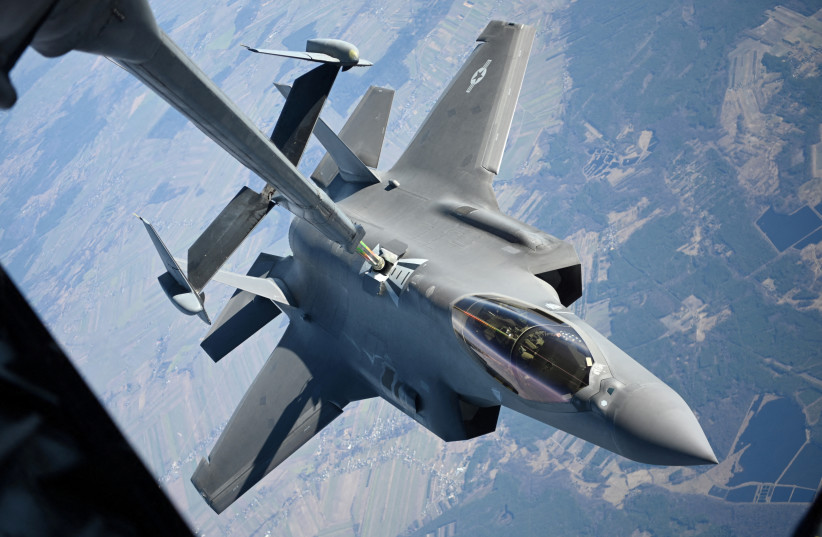The Defense Ministry and the US Department of Defense on Wednesday signed a security of supply arrangement to ensure that both countries have special priority to purchase security supplies on an emergency basis in the case of a conflict.
Defense Ministry Director-General Eyal Zamir and US Undersecretary of Defense William LaPlante signed the deal as part of the broader security dialogue between the countries.
Especially since the coronavirus crisis and the Russian invasion of Ukraine, there have been a variety of global supply-chain crises that have affected almost every industry, including defense.
A statement from the Defense Ministry called the new deal “an additional anchor to the special security relations between the countries as well as to the deep commitment between the nations.”
What will this delegation's visit entail?
Part of the visit of a sizable US delegation to Israel included trips to Israeli defense industry locations to review developing technologies. The sides also committed to cooperating regarding research and funding on a range of these technologies. They also discussed a variety of security challenges in the region, with a focus on Iran’s destabilizing role.

Zamir said the meetings helped maintain Israel’s qualitative military edge in the region.
In mid-January, the US withdrew 300,000 rounds of ammunition it stored in Israel for potential emergency Israeli use in the event of a long war. The ammunition was transferred to Ukraine.
At the time, an IDF source confirmed that the US would replenish the withdrawn ammunition and said there was no change in US policy regarding storing such items in Israel.
